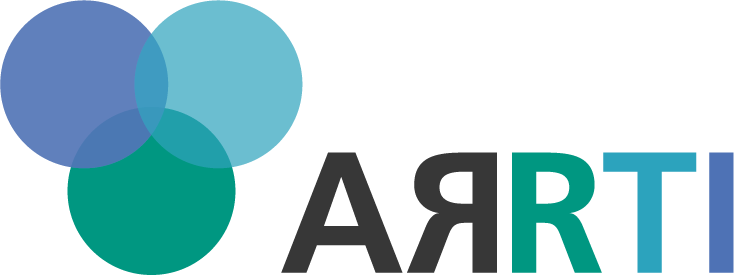Code, Capital, and Conscience: the Ethics and Politics of Information Technology in Market Economies
- Typ: Block (B)
- Lehrstuhl: Philosophie
- Semester: WS 25/26
-
Zeit:
Di. 02.12.2025
15:45 - 19:00, einmalig
50.41 Raum -108 (UG)
50.41 Allgemeines Verfügungsgebäude (AVG) mit Rundbau (UG)
Di. 16.12.2025
15:45 - 19:00, einmalig
50.41 Raum -108 (UG)
Di. 13.01.2026
15:45 - 19:00, einmalig
50.41 Raum -108 (UG)
Di. 27.01.2026
15:45 - 19:00, einmalig
50.41 Raum -108 (UG)
Di. 03.02.2026
15:45 - 19:00, einmalig
50.41 Raum -108 (UG)
Di. 10.02.2026
15:45 - 19:00, einmalig
50.41 Raum -108 (UG)
Di. 17.02.2026
15:45 - 19:00, einmalig
50.41 Raum -108 (UG)
- Dozent: Dr. phil. Simon Derpmann
- SWS: 2
- LVNr.: 5012090
- Hinweis: Präsenz
| Inhalt | : This course examines moral and social issues surrounding the use of information technologies within the modern market landscape. Information technologies, in particular recent developments in LLMs, are transforming the foundations of society, impacting in social relations, business, media, education, politics, etc. But with these changes come significant moral and societal challenges. The course takes a normative perspective on topics like digital data collection and usage, privacy, freedom of speech, intellectual ownership, platform monopolies, surveillance, automation, and, of course, current developments related to artificial intelligence. The idea is to offer an overview posed by these challenges, and to supply methodological tools to analyze normative aspects of these issues. The core aim is to invite participants to engage in a practice of reflection and discourse about these complex questions, mainly by drawing on real-life examples, case studies, and current developments. By the end of the course, students should have a basic understanding of core ethical concepts and their function in normative arguments surrounding information technologies within market contexts. They should feel comfortable in the critical reflection of and participation in social debates surrounding the moral implications of information technologies, as they are led in political debates, in the news, or in social media. Thus, students should be able to recognize and address ethical challenges of various aspects of digitization in market contexts, and to formulate and evaluate ethical guidelines and strategies for responsible technology use in business and society This course is designed to foster discourse competence, and the weekly sessions are structured to promote and rely on active student participation. Successful completion of the course requires regular attendance in these sessions and passing the final exam |

